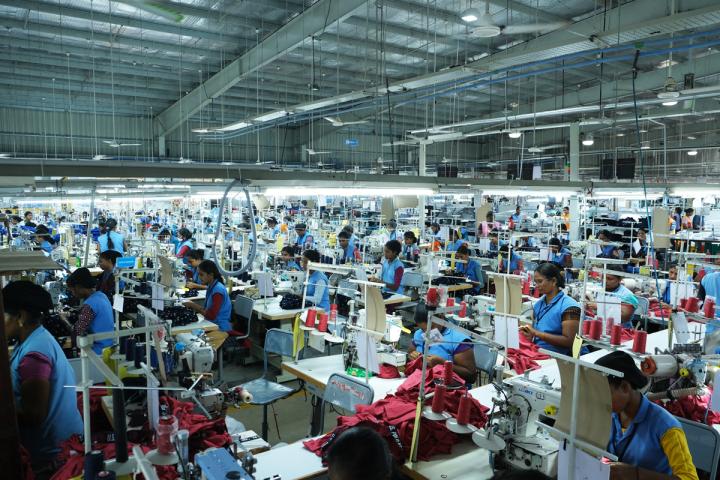
Fighting For Worker Rights Takes Psychological Toll
Bottom up workplace law enforcement – which occurs when an individual worker files a claim against their employer – fails to protect the workers who are the most vulnerable to workplace rights violations. According to new research from ILR Professor Shannon Gleeson and coauthor Jacob Lesniewski, even workers that have legal knowledge and incentives to bring forward claims do so at an emotional cost that makes individual action unsustainable on a broad scale.
Additionally, Gleeson and her co-author argue that those burdens are not just felt by the individual, but also by the worker center activists who work to obtain justice for workers. In the absence of robust enforcement mechanisms to ensure workers are being paid properly, and are not subject to unsafe working conditions or discrimination and harassment, these community groups often become the last line of defense for the overwhelming majority of nonunionized workers.
“We always want to celebrate workers coming forward to rally for their rights,” Gleeson said. “It’s inspirational to hear those stories, but in reality, it’s unsustainable as a primary mechanism of ensuring employer compliance. And actually, what our research found was that it can be very traumatic for workers themselves to have to constantly come forward and demand redress.”
In the paper, “Mobilizing Worker Rights: The Challenges of Claims-Driven Processes for Re-Regulating the Labor Market,” Gleeson and first author Jacob Lesniewski, of the Mennonite Central Committee, argue that worker centers and legal aid societies that assist individual worker claims must continue to be supported with more personnel and financial resources. They also contend that the government must put a greater emphasis on strategic enforcement, such as by conducting audits and maintaining a strong field enforcement program.
The researchers used qualitative data to better understand the process of claims-making, which can be frustrating and take a toll on workers. They drew on interviews and ethnographic observation from a legal aid clinic in the San Francisco Bay Area and a worker center in Chicago. Their findings conclude that for both individual claims and collective campaigns, there are psychosocial costs associated with both workplace abuse and mobilizing rights.
“In the last 100 years, we've added all these laws to protect workers, but the enforcement has really rested on workers coming forward,” Gleeson said. “That claims-driven mechanism operates only as well as workers are able to surpass the myriad barriers to coming forward and seeing a claim through to the end.
“We've written about a lot of different kinds of barriers, but one that often is overlooked is the emotional toll of standing up to your employer, which is incredibly difficult and complicates prospects for achieving successful outcomes. People have to deal with both the exhausting bureaucracy of the claims process, and the constant fear of employer retaliation and blacklisting.. You have to tell your story again and again, and there is a traumatizing aspect of it for many workers who face these same issues in job after job.”
Through their interviews for the article, published in Labor Studies Journal in January, Gleeson and Lesniewski found that workplace exploitation exacted an enormous amount of both financial and emotional stress. Aside from lost wages, workers reported symptoms of depression and sometimes felt responsible for their own abuse. According to their findings, “This stress, fear, and unease persisted even after workers connected with an advocate associated with a worker center and were compounded by the adversarial and often frustrating claims-making process that followed.”
Their findings suggest that worker mobilization may have costs not fully appreciated before by labor scholars.
“Worker centers do critical work, and we need to continue to support them,” Gleeson said. “But we can’t keep relying on workers and civil society to come forward to compel government regulation. Passing stronger laws is important, so is funding adequate enforcement mechanisms. Legislators have to empower strategic enforcement efforts and state attorney generals to really go after the offenders. Unless there’s a real legitimate threat, we’re not necessarily going to move the needle on employer compliance and workers will continue to suffer.”
As the article concludes, “While legal mobilization and direct action campaigns show promise, the reality is that without the strong bureaucratic machinery of state regulation and an overhaul of capitalist labor relations, we are continually mining a depleting resource of worker agency and collective action.


